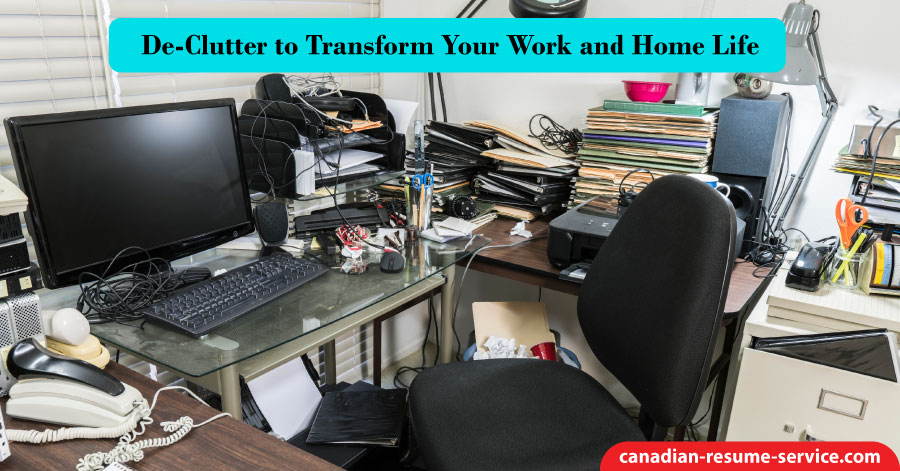Have you tried simplifying your work and home life to shift your mindset? Many embark on this journey without clear guidance, leading to potential setbacks and relapses.
The underlying issue often lies in a lack of commitment. Without addressing this, success can be elusive.
Effective decluttering can profoundly impact your work and home environments but requires a strategic approach.
Practical Tips for Sustainable Decluttering
Embrace Clutter
Embrace clutter as a valuable companion rather than a foe in your decluttering journey. Recognize that clutter provides valuable insights into your past and current lifestyle choices. Instead of seeing it as a problem to be eliminated, consider it an opportunity for self-reflection and growth.
By embracing clutter, you can better understand your habits, preferences, and priorities, leading to more informed decisions about what to keep and let go of. This shift in perspective can make the decluttering process more empowering and less overwhelming.
Detach Emotionally
Detach emotionally from clutter by mastering the art of letting go of possessions steeped in sentimental value. While these items hold cherished memories, accumulating them unchecked can impede your decluttering efforts. Strike a balance between preserving meaningful mementos and maintaining a clutter-free space.
Practice discernment in deciding which items genuinely enrich your life and which no longer serve a purpose. By releasing emotional attachments to clutter, you create room for new experiences and opportunities while fostering a sense of liberation and clarity in your living environment.
Identify the Root Cause
Identifying the root cause of clutter is essential for preventing its recurrence and achieving lasting change. Take time to analyze the origins of clutter in your life, whether it stems from busy schedules, emotional attachments, or disorganized habits.
By understanding the underlying factors contributing to clutter, you can develop targeted solutions to address them effectively. This may involve implementing better organization systems, practicing mindfulness to curb impulse purchases, or setting boundaries to prevent overwhelm. By addressing the root cause of clutter, you can create sustainable habits and maintain a clutter-free environment in the long run.
Releasing Emotional Ties to Belongings
Even if uncomfortable, releasing attachments to possessions is crucial to achieving a clutter-free existence. Recognize that holding onto items beyond their usefulness or significance only contributes to clutter and diminishes the quality of your living space. Embrace the liberation from decluttering and prioritize the benefits of a simplified and organized environment over temporary discomfort. By relinquishing unnecessary belongings, you create space for new experiences, opportunities, and a greater sense of freedom. Trust in letting go and embracing the transformative power of decluttering.
While initially challenging, decluttering yields immense benefits, fostering a sense of freedom and reducing stress.
Decluttering isn’t just about tidying up physical spaces; it’s also about decluttering the mind—practice mindfulness techniques to clear mental clutter and enhance focus and productivity.
Additionally, prioritize tasks and set boundaries to prevent overwhelm. Decluttering is an ongoing process, so be patient and persistent. Celebrate your progress along the way and reward yourself for small victories. Incorporating these practices into your daily routine will create a more harmonious and balanced life.
Share your decluttering tips below!
Contact Candace for expert guidance on achieving your career goals and maintaining a clutter-free lifestyle.

